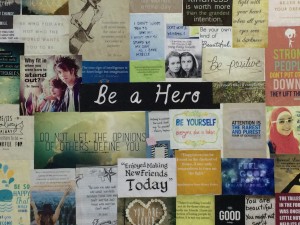Presentations and Workshops:
Click on the green hyperlinks for resources or contact amy@thehealthteacher.com for more info.
Positive Prevention: A New Approach to Health Ed
SXSWEdu 2016, Austin, TX.
The health concerns of our students have shifted dramatically over the last twenty years, and the past model of textbooks and scare tactics is obviously not working. It’s time for a shift to a preventative, rather than reactionary, approach. In this workshop, participants will be guided through the process of creating a comprehensive skills-based health curriculum applicable for grades K-12 and aligned to the National Health Education Standards. Content areas covered will include: mindfulness, technology balance, puberty, current issues in sex ed, body image, nutrition for multicultural students, stress management and social/emotional learning in the health class.
Designing a Health & Wellness Program for the Unique Needs of the International Student
EARCOS Weekend Workshop 2015
UNIS Hanoi HPE Department, Weekend Workshop 2016
In an international community, Health Education is often added as an afterthought or tasked to teachers who don’t have enough time or resources to give it the attention it deserves. In this two-day workshop, participants will be guided through the process of creating a comprehensive, skills-based Health Education curriculum that can be applicable for grades K-12 and adapted to align with any set of standards.
The PE Teachers Guide to Teaching Health
EARCOS 2016, Manila
In an international community, health education is often added as an afterthought or tasked to teachers who don’t have enough time to prepare. In this interactive workshop, participants will be provided with a toolkit of ready-to-go projects and lesson ideas that are current and relevant to the unique needs of the international student.
PhysEdSummit 3.0, 2015
SHAPE America National Convention 2015, Seattle
EARCOS 2014, Bangkok
Teacher/Counselor Workshop October 2013, Shanghai American School
Online health searches have become the third most popular activity on the web. What does that mean for our students as they’re trying to navigate the often-confusing world of puberty? During this session, participants will receive resources and a unit plan designed to equip students with the tools needed to search for information safely and effectively, as well as tips for opening up face-to-face communication.
Just had the opportunity of doing this presentation online for the first time. You can watch it on YouTube- just make sure you drag the cursor to start from the beginning.
No More Shame: The Social and Emotional Roots of Obesity
SHAPE America National Convention 2015, Seattle, Washington
For many students, obesity is more than a societal problem; it’s something they wear like a badge of shame. Being told that they are flawed, for something they cannot immediately change, can cause high levels of stress. If we want to instill a lifelong passion for wellness, we must teach them to replace their unhealthy coping skills with healthy ones, by putting the focus on food, fitness, and fun. Not fear.
Cyberbullying: Positive Prevention
Learning 2.013, UWCSEA Singapore
SHAPE America National Convention 2014, St. Louis, Missouri
Kids & Screens- Helping Kids Balance Their Digital Lives
In this session, teachers and parents will be supplied with up-to-date resources and lessons that are ready to use in any classroom or home, for kids grade PK-12. The main focus will be on technology balance (screen time), digital citizenship, and media literacy.
Teaching Kids about Technology Balance
EARCOS 2013, Concordia International School, Shanghai
Helping Kids with Technology Balance: A Community-Based Approach
Parent Presentation 10/2014: Shanghai American School
Health Curriculum for Technology Balance
AAHPERD National Convention 2013, Charlotte, North Carolina





